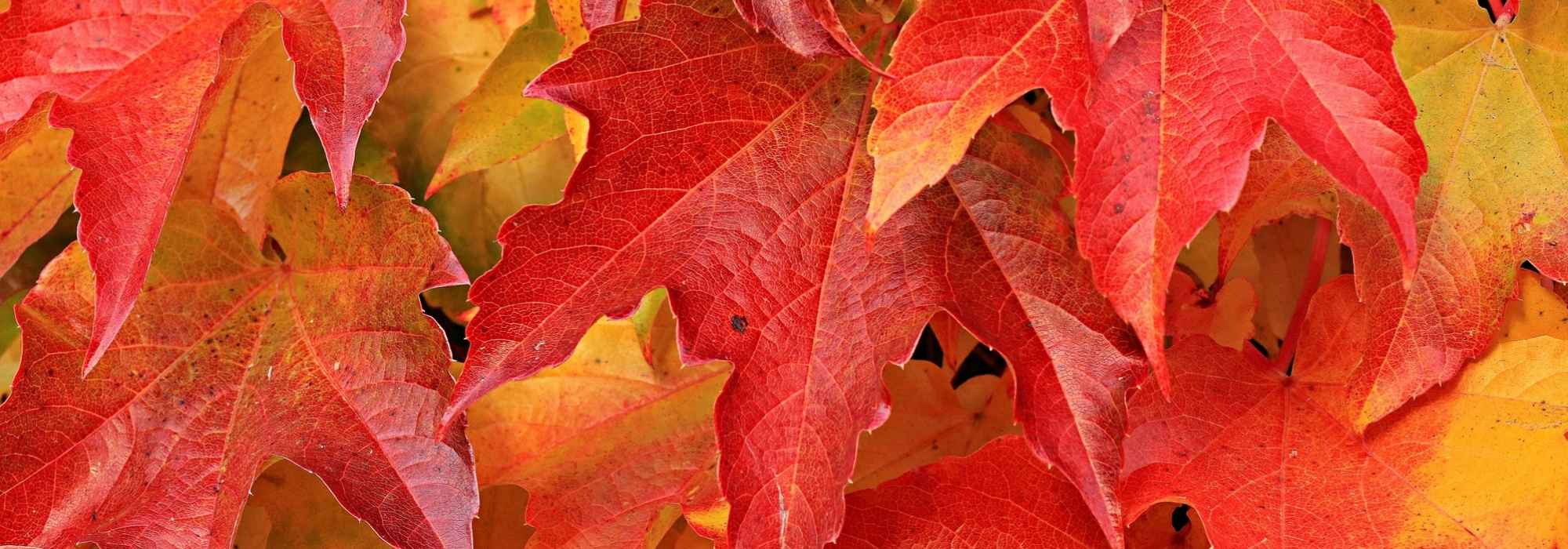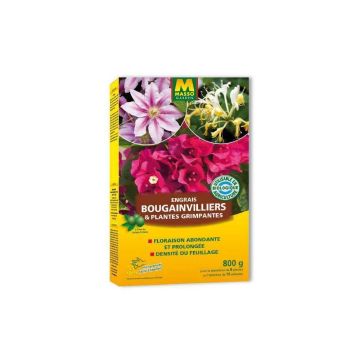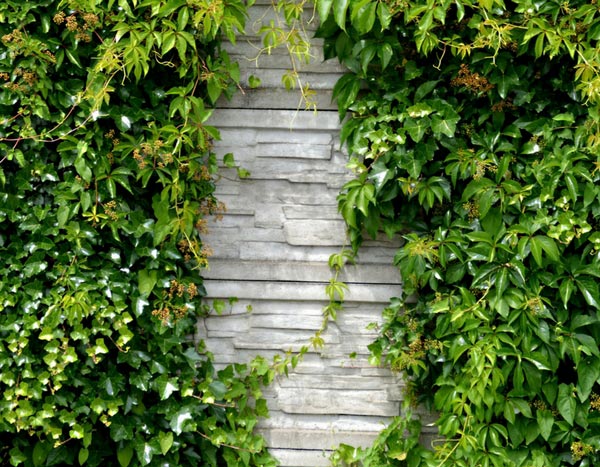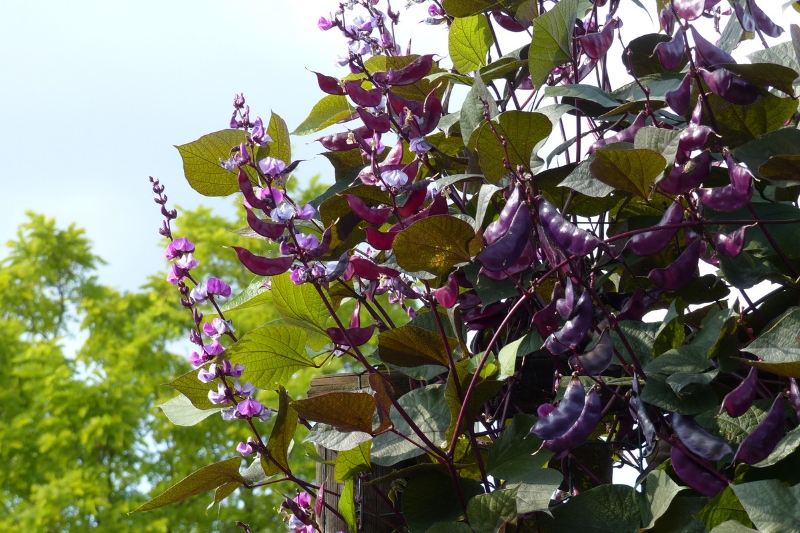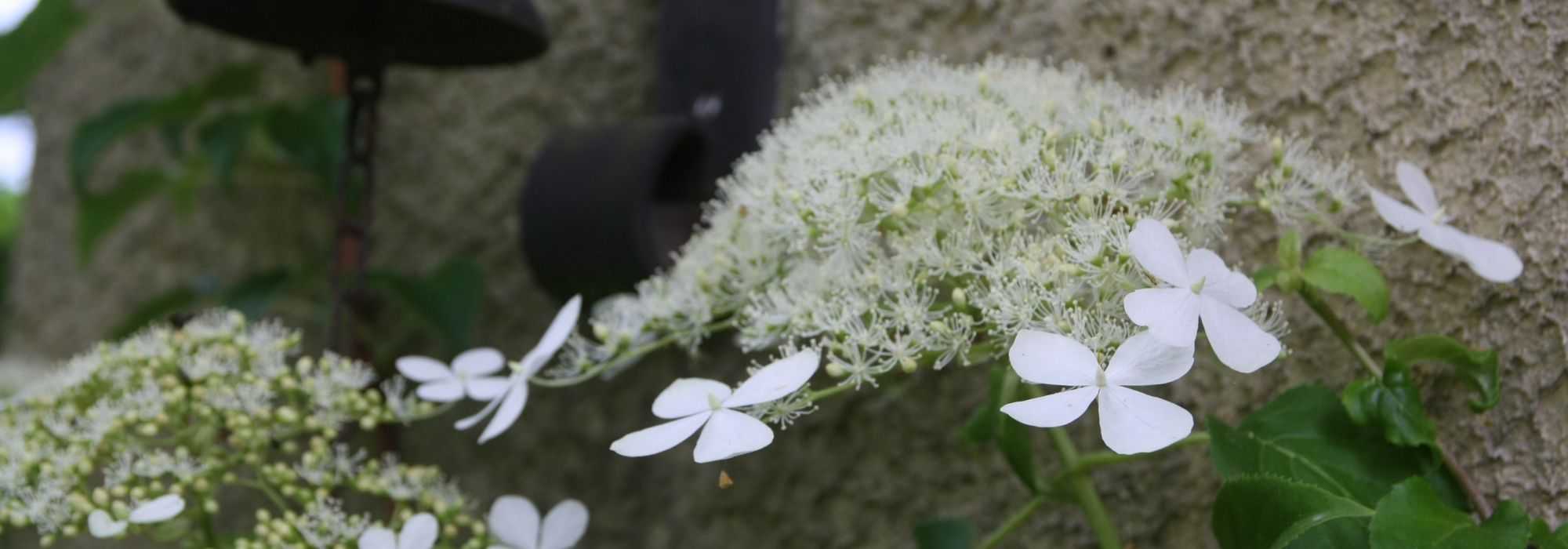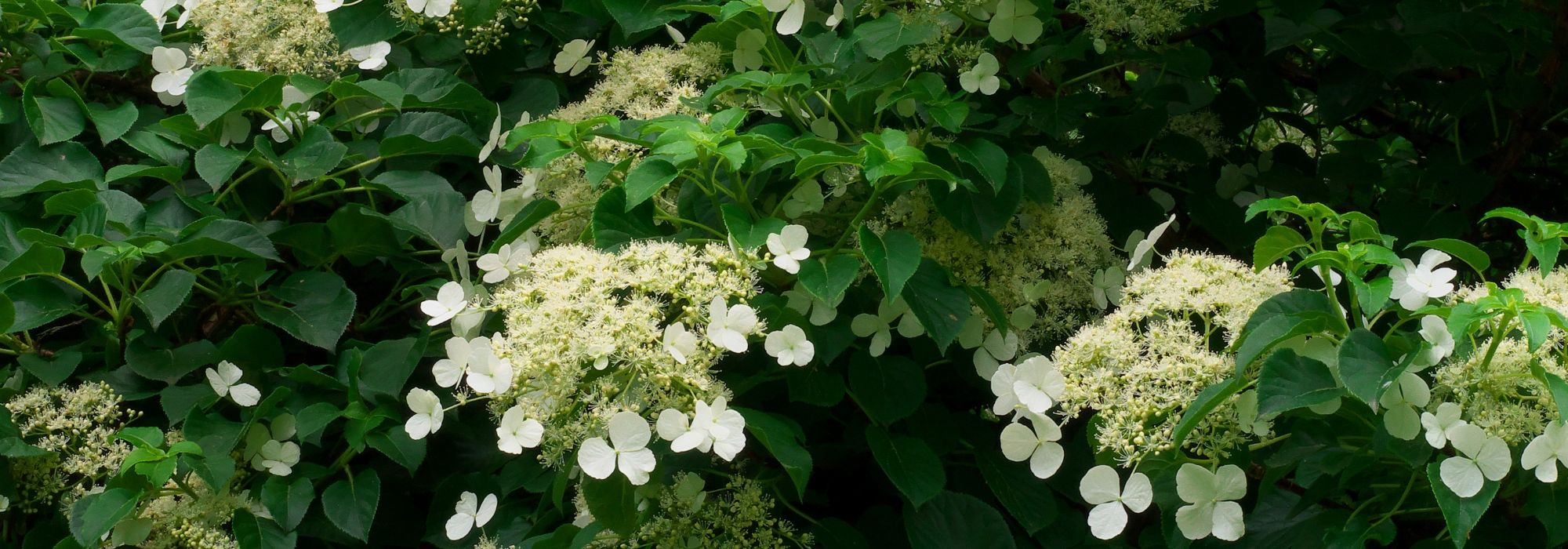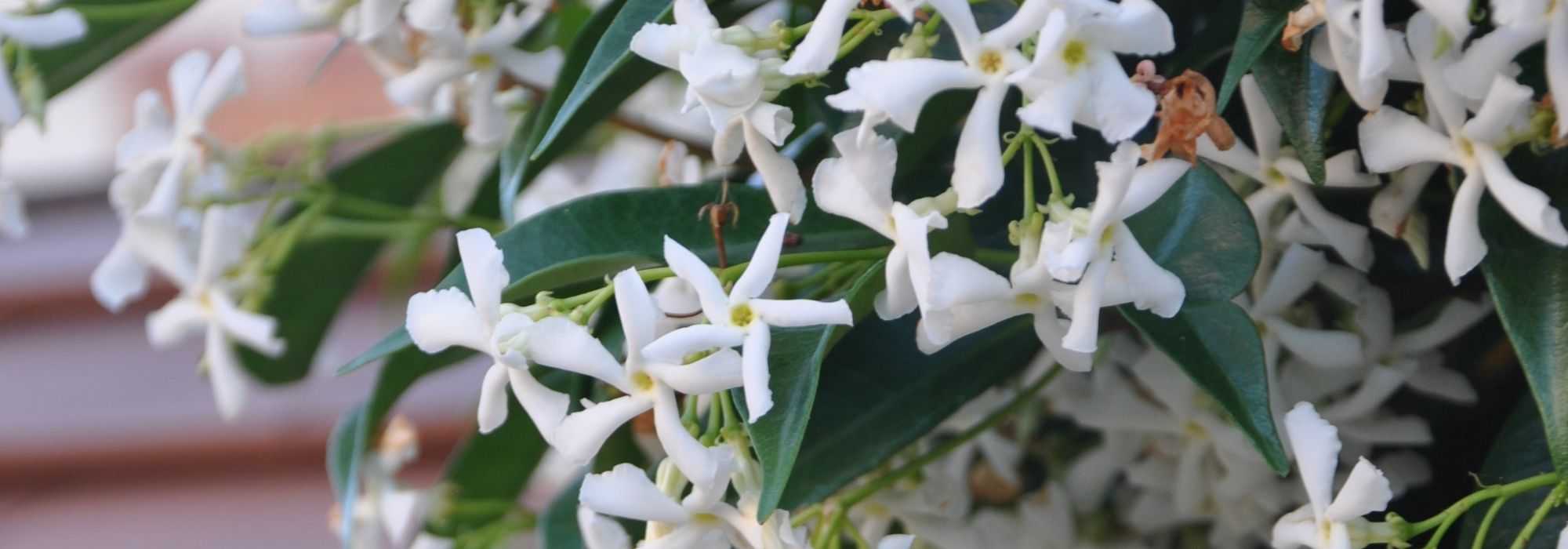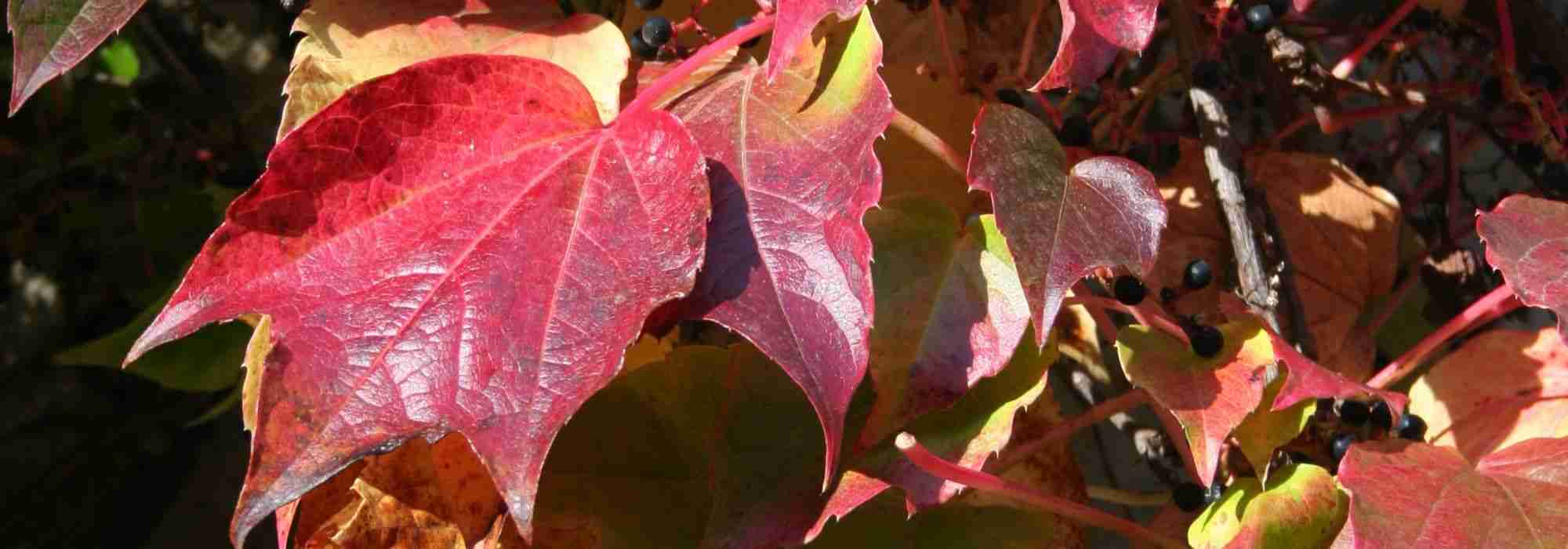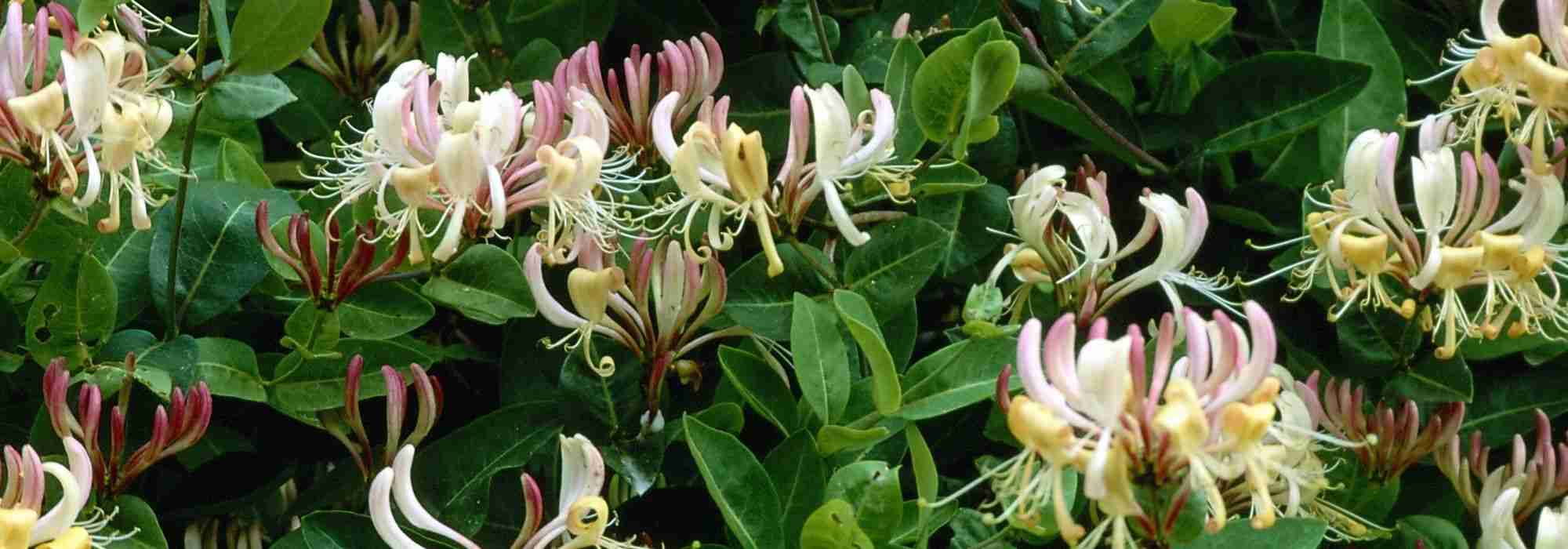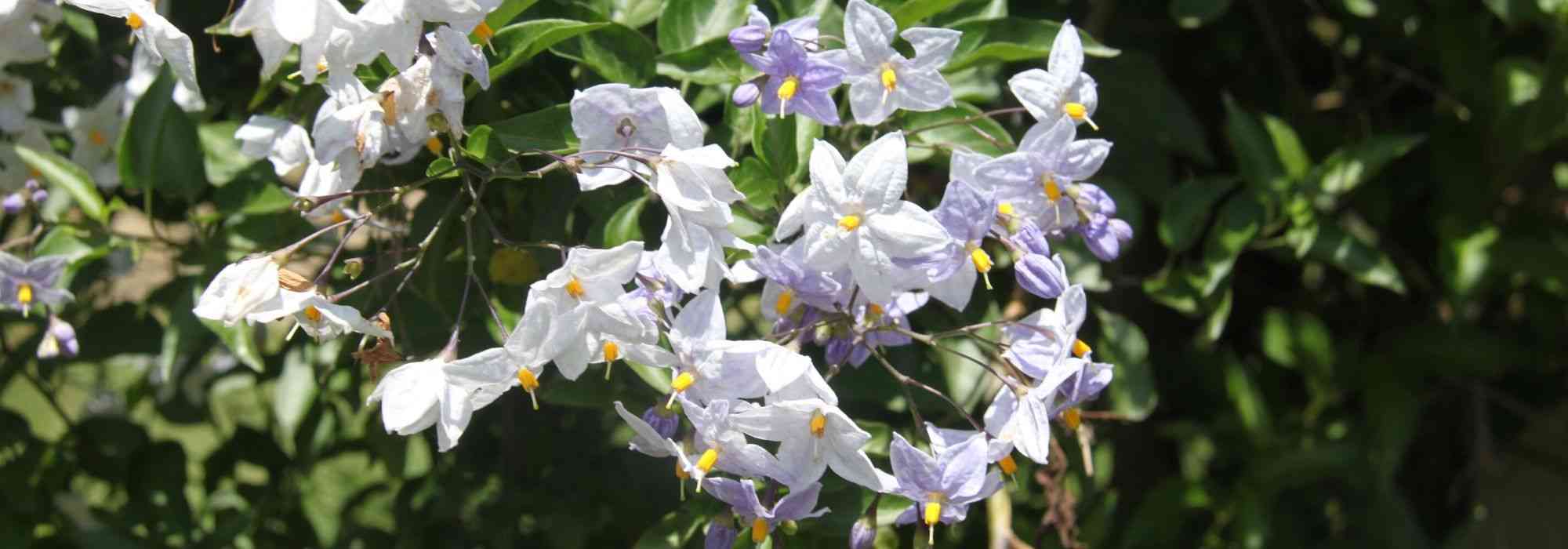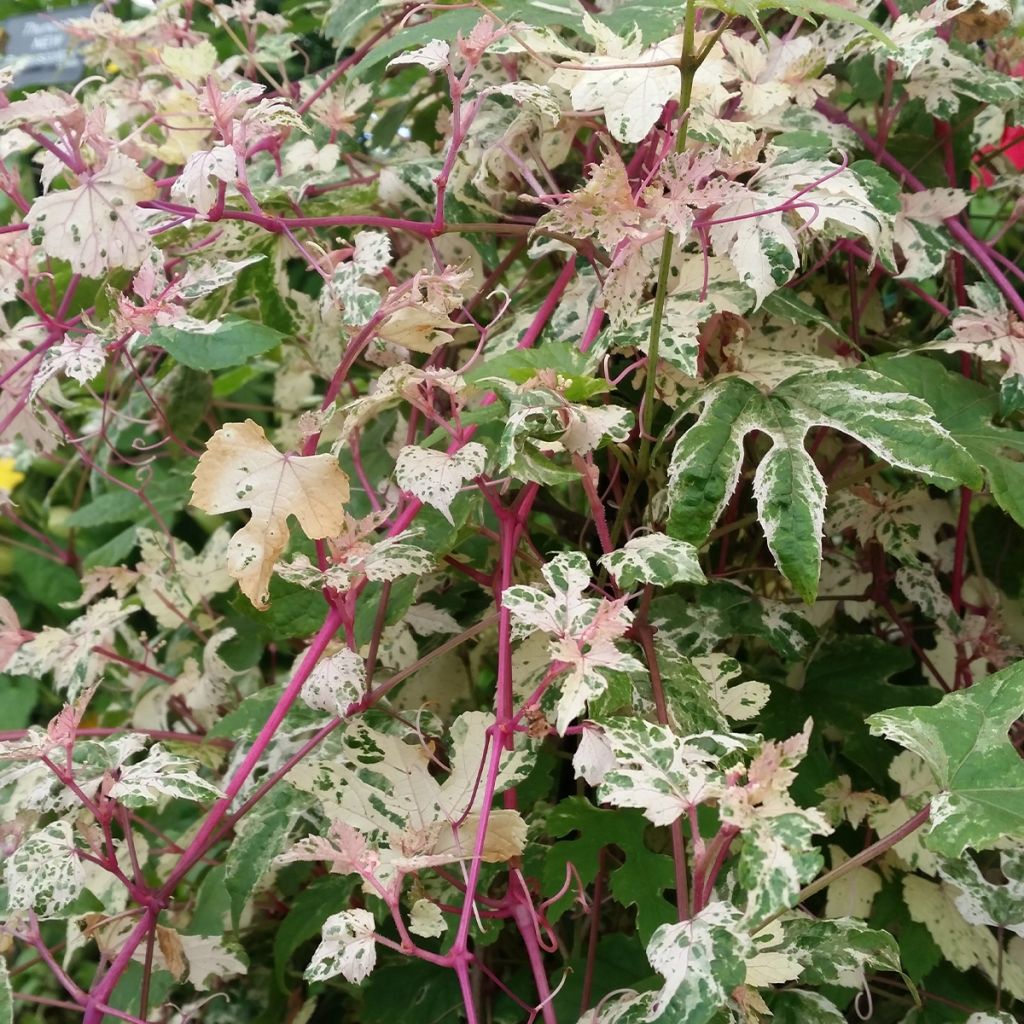

Ampelopsis brevipedunculata Elegans - Porcelainberry
Ampelopsis brevipedunculata Elegans - Porcelainberry
Ampelopsis brevipedunculata Elegans
Porcelainberry, Amur peppervine
Special offer!
Receive a €20 voucher for any order over €90 (excluding delivery costs, credit notes, and plastic-free options)!
1- Add your favorite plants to your cart.
2- Once you have reached €90, confirm your order (you can even choose the delivery date!).
3- As soon as your order is shipped, you will receive an email containing your voucher code, valid for 3 months (90 days).
Your voucher is unique and can only be used once, for any order with a minimum value of €20, excluding delivery costs.
Can be combined with other current offers, non-divisible and non-refundable.
Home or relay delivery (depending on size and destination)
Schedule delivery date,
and select date in basket
This plant carries a 6 months recovery warranty
More information
We guarantee the quality of our plants for a full growing cycle, and will replace at our expense any plant that fails to recover under normal climatic and planting conditions.
Does this plant fit my garden?
Set up your Plantfit profile →
Description
The Ampelopsis brevipedunculata 'Elegans' is a small and slow-growing Virginia creeper. It is ideal for covering a small trellis with its magnificent variegated deciduous foliage. The leaves are adorned with various shades of green, white, and pink, providing a constant spectacle from spring to autumn. In spring, its flowering is quite discreet, but it produces particularly decorative fruits in autumn. Initially grey-violet, these small balls then evolve to a stunning turquoise blue colour. This small climbing plant is moderately hardy and may suffer from extreme cold, so it prefers a semi-shaded location in very sunny regions.
The Ampelopsis brevipedunculata, literally meaning short peduncle, is charmingly named Porcelain Berry by English gardeners, as its turquoise blue fruits indeed resemble the most beautiful porcelain. Ampelopsis belongs to the Vitaceae family, which includes many climbers and vines, the most well-known being Parthenocissus (the common Virginia creeper in our gardens), Cissus used as a houseplant, and Tetrastigma, particularly T. voinierianum, a tropical vine that can grow considerably when cultivated in greenhouses in our climates. But the most famous member of this family is undoubtedly Vitis vinifera, commonly known as the grapevine.
Unlike Parthenocissus, which clings to supports using small suckers, Ampelopsis uses short tendrils. Therefore, it requires an open support, such as a trellis, to climb. The species is very vigorous and can climb up to 7 to 10 metres (23 to 33 feet) in height. The 'Elegans' variety has a slower and more limited growth, reaching a maximum height of 3 or 4 metres (10 or 13 feet), but spreading in width. It is perfect for covering a standard 2 x 2 metre (7 feet) wooden trellis and decorating a terrace, or as a boundary between properties.
Its beautifully lobed foliage, with 3 or 5 more or less pronounced lobes, is variegated with light green, darker green, white, and pink, bringing color and joy on gray days, with the rain emphasizing these mixed tones even more. It blooms from May to summer, but it is mainly its fruits that stand out. Starting off violet-grey, they gradually turn into a truly sumptuous turquoise blue, which is rare in the plant kingdom. They adorn the plant until the leaves fall and even beyond, although they do not persist in winter as birds consume them.
This variety grows in most soils, except strongly calcareous ones. It prefers fairly rich soils, with a neutral pH and some moisture in summer, while being well-drained for winter. This variety is moderately hardy, down to -10/-12°C (14/10.4°F), but a well-established stump can withstand even lower temperatures. Therefore, it should be protected from cold winter winds. In cooler regions, it will thrive in a sunny location, while in the south, it can be planted in partial shade.
It is not easy to associate this small Virginia creeper with other climbers without risking a clash of colours, due to its patchwork appearance, and its low vigour. To cover a large area, it is best to opt for simplicity by mixing it with the Akebia quinata, which will not overwhelm it. Its compound leaves resembling the Schefflera found in our homes and its cute little violet flowers will go well with the Ampelopsis 'Elegans'. A beautiful Clematis Eximia with charming pale violet flowers will also be a good companion, and to give an exotic touch to your decor, an association with the Passiflora coerulea will create an original scene.
Ampelopsis brevipedunculata Elegans - Porcelainberry in pictures
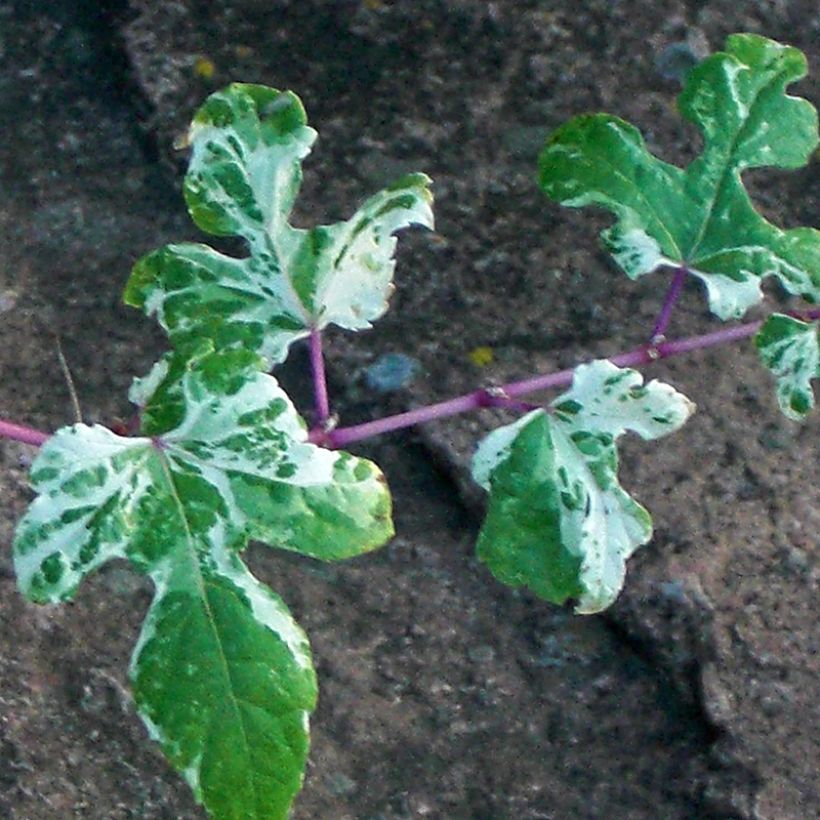

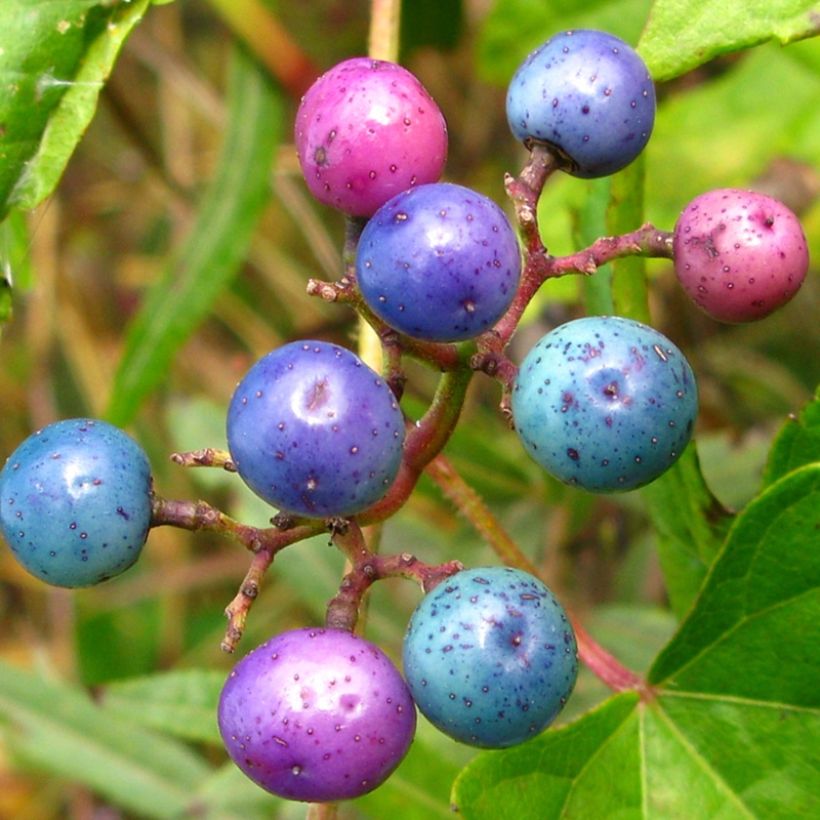

Plant habit
Flowering
Foliage
Botanical data
Ampelopsis
brevipedunculata
Elegans
Vitaceae
Porcelainberry, Amur peppervine
Cultivar or hybrid
Planting and care
The Ampelopsis brevipedunculata 'Elegans' grows well in any good garden soil, preferably neutral to slightly acidic, but not too chalky. Dig a hole 40 cm (16in) wide and as deep, or larger if the soil is predominantly sandy, to incorporate planting compost and improve water retention. Ampelopsis likes slightly moist soils, but not stagnant moisture in winter, so avoid excessively clayey soils. Soak the root ball in a bucket for 15 minutes to thoroughly moisten it before planting. Water regularly for the first two years, then this climbing plant will tolerate dry conditions relatively well as long as it receives occasional watering in summer. There is no need to prune this climber as its growth is not very fast. Simply remove any frozen branches in spring in case of severe cold.
Planting period
Intended location
Care
Planting & care advice
-
, onOrder confirmed
Reply from on Promesse de fleurs
Haven't found what you were looking for?
Hardiness is the lowest winter temperature a plant can endure without suffering serious damage or even dying. However, hardiness is affected by location (a sheltered area, such as a patio), protection (winter cover) and soil type (hardiness is improved by well-drained soil).

Photo Sharing Terms & Conditions
In order to encourage gardeners to interact and share their experiences, Promesse de fleurs offers various media enabling content to be uploaded onto its Site - in particular via the ‘Photo sharing’ module.
The User agrees to refrain from:
- Posting any content that is illegal, prejudicial, insulting, racist, inciteful to hatred, revisionist, contrary to public decency, that infringes on privacy or on the privacy rights of third parties, in particular the publicity rights of persons and goods, intellectual property rights, or the right to privacy.
- Submitting content on behalf of a third party;
- Impersonate the identity of a third party and/or publish any personal information about a third party;
In general, the User undertakes to refrain from any unethical behaviour.
All Content (in particular text, comments, files, images, photos, videos, creative works, etc.), which may be subject to property or intellectual property rights, image or other private rights, shall remain the property of the User, subject to the limited rights granted by the terms of the licence granted by Promesse de fleurs as stated below. Users are at liberty to publish or not to publish such Content on the Site, notably via the ‘Photo Sharing’ facility, and accept that this Content shall be made public and freely accessible, notably on the Internet.
Users further acknowledge, undertake to have ,and guarantee that they hold all necessary rights and permissions to publish such material on the Site, in particular with regard to the legislation in force pertaining to any privacy, property, intellectual property, image, or contractual rights, or rights of any other nature. By publishing such Content on the Site, Users acknowledge accepting full liability as publishers of the Content within the meaning of the law, and grant Promesse de fleurs, free of charge, an inclusive, worldwide licence for the said Content for the entire duration of its publication, including all reproduction, representation, up/downloading, displaying, performing, transmission, and storage rights.
Users also grant permission for their name to be linked to the Content and accept that this link may not always be made available.
By engaging in posting material, Users consent to their Content becoming automatically accessible on the Internet, in particular on other sites and/or blogs and/or web pages of the Promesse de fleurs site, including in particular social pages and the Promesse de fleurs catalogue.
Users may secure the removal of entrusted content free of charge by issuing a simple request via our contact form.
The flowering period indicated on our website applies to countries and regions located in USDA zone 8 (France, the United Kingdom, Ireland, the Netherlands, etc.)
It will vary according to where you live:
- In zones 9 to 10 (Italy, Spain, Greece, etc.), flowering will occur about 2 to 4 weeks earlier.
- In zones 6 to 7 (Germany, Poland, Slovenia, and lower mountainous regions), flowering will be delayed by 2 to 3 weeks.
- In zone 5 (Central Europe, Scandinavia), blooming will be delayed by 3 to 5 weeks.
In temperate climates, pruning of spring-flowering shrubs (forsythia, spireas, etc.) should be done just after flowering.
Pruning of summer-flowering shrubs (Indian Lilac, Perovskia, etc.) can be done in winter or spring.
In cold regions as well as with frost-sensitive plants, avoid pruning too early when severe frosts may still occur.
The planting period indicated on our website applies to countries and regions located in USDA zone 8 (France, United Kingdom, Ireland, Netherlands).
It will vary according to where you live:
- In Mediterranean zones (Marseille, Madrid, Milan, etc.), autumn and winter are the best planting periods.
- In continental zones (Strasbourg, Munich, Vienna, etc.), delay planting by 2 to 3 weeks in spring and bring it forward by 2 to 4 weeks in autumn.
- In mountainous regions (the Alps, Pyrenees, Carpathians, etc.), it is best to plant in late spring (May-June) or late summer (August-September).
The harvesting period indicated on our website applies to countries and regions in USDA zone 8 (France, England, Ireland, the Netherlands).
In colder areas (Scandinavia, Poland, Austria...) fruit and vegetable harvests are likely to be delayed by 3-4 weeks.
In warmer areas (Italy, Spain, Greece, etc.), harvesting will probably take place earlier, depending on weather conditions.
The sowing periods indicated on our website apply to countries and regions within USDA Zone 8 (France, UK, Ireland, Netherlands).
In colder areas (Scandinavia, Poland, Austria...), delay any outdoor sowing by 3-4 weeks, or sow under glass.
In warmer climes (Italy, Spain, Greece, etc.), bring outdoor sowing forward by a few weeks.






























